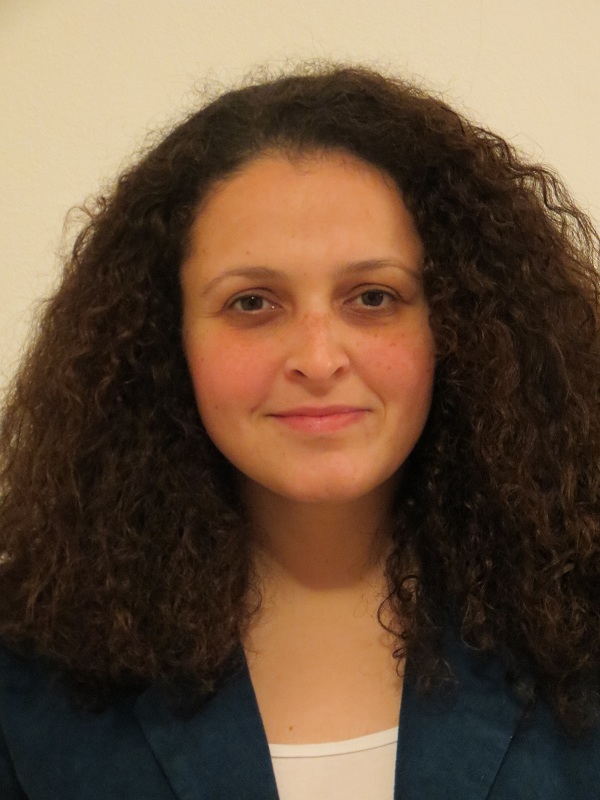CAIRO: Little known US-based National Instruments (NI) will expand its Egypt operations by opening an office in Cairo by the end of the year, officials said at a conference last week.
NI, a high-tech company that provides software and hardware solutions to scientists and engineers in research, development, production and test, and service industries, will open an office in Egypt, which it sees as a growing market, to support its local customers.
The new branch “will enable NI to provide local technical consultation and support services” for its Egyptian customers, the company said in a statement.
“Egypt has witnessed the development of a vibrant information and communications technology (ICT) industry in recent years and is an important market for NI,” Victor Mieres, vice-president of sales, Asia, said in the statement.
Just as Egypt managed to weather the global economic recession, so has NI, growing by 21 percent worldwide in 2009, Michel Haddad, managing director of NI Arabia, told Daily News Egypt.
He further indicated that Egypt, as well as other emerging markets, is a focal point of present and future growth for the company.
NI has operations in 40 countries and recorded annual revenues of $191 million in fiscal year 2009, half of which emanated from outside the US: 22 percent from Asia, which includes the Middle East, 29 percent from Europe, and 49 percent from the Americas.
Founded in 1976, the company began operations in the Middle East in 2004, and caters to an array of local clients including the American University in Cairo (AUC), Nile University, Bahgat group, as well as energy and industrial automation companies.
Its products and services can be thought of as providing the “brains and devices for robotics,” Mieres explained in an interview.
Essentially, he said, the company provides a “helping hand to scientists and engineers” working in various areas, from the private sector to government.
NI claims that its products help raise the standard of living for everyday individuals. Working with industry, for instance, NI is involved in automated testing for cars for safety purposes, Mieres said.
“Engineers use NI technology to validate their models,” which he highlighted as crucial if one recalls the serious difficulties Toyota has run into lately regarding safety lapses with some of its models due to faulty testing.
On the local side, NI currently works with Autocool, an Egyptian manufacturer of air conditioning units for automobiles. The company sells its products to foreign automotive companies with assembly lines in Egypt, such as BMW.
“NI provides the technology to help Autocool enhance its products so that they can be exported to foreign markets, in particular the EU, as they have stringent regulatory standards that must be met for a product to be sold to European consumers,” Mieres explained.
Brining up the standards of a company’s products would give them a competitive edge in global markets and consequently drive the company profits up, he added.
Mieres said NI is involved in socially responsible endeavors, for instance, it participates in a United Nations program that operates with the support of universities in Beirut to encourage students to develop autonomous robots for mine detection — a problem that has plagued the country, he noted.
In this collaborative effort, Mieres continued, NI provides the technology and training to the students involved.
NI also supports SMEs with programs such as “Planet NI” — the NI, playing on the company’s acronym, stands for “nurturing innovation” instead.
Within the scope of Planet NI, the company targets and provides financial support and training to SMEs that work towards sustainable environmental solutions. They also provide support to those at the bottom of the economic pyramid that work in, for example, agriculture in the hopes that they would grow to be competitive national or even international companies, Mieres explained.
To accomplish this, Mieres continued, NI provides grants to the companies in the form of free software or discounts on hardware that it produces, as well as training to help give entrepreneurs the business tools and knowledge necessary to get their feet on the ground.
After a company demonstrates that it can be economically viable and competitive on its own, NI will then usher the SME into its “network of alliance members,” Mieres explained.
Mieres said he felt confident that Planet NI would be successful, as the company had already seen positive results through its first, similar program in India, where NI also has operations.
“In the two years that the program has been in existence, 30 of the 120 companies have been supported,” Mieres indicated.
He believes that such a program is absolutely critical to SMEs, as the technology that NI provides them is well beyond their financial reach.
Š Θ
Θ
#

#
Victor Mieres, VP of sales, Asia.
#

#
Sherif Ismail, Egypt country sales manager.

